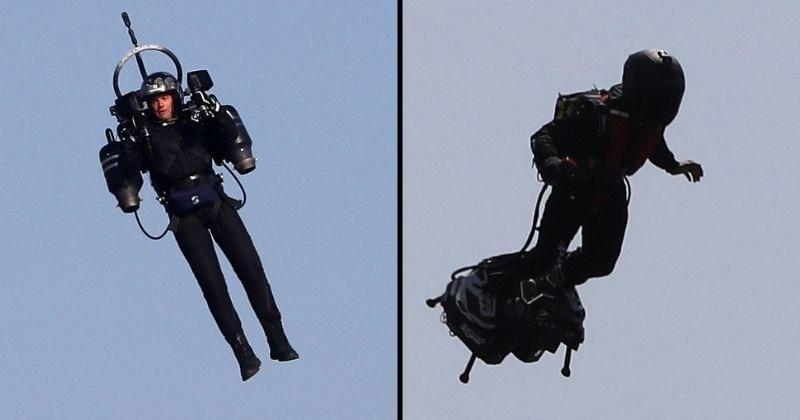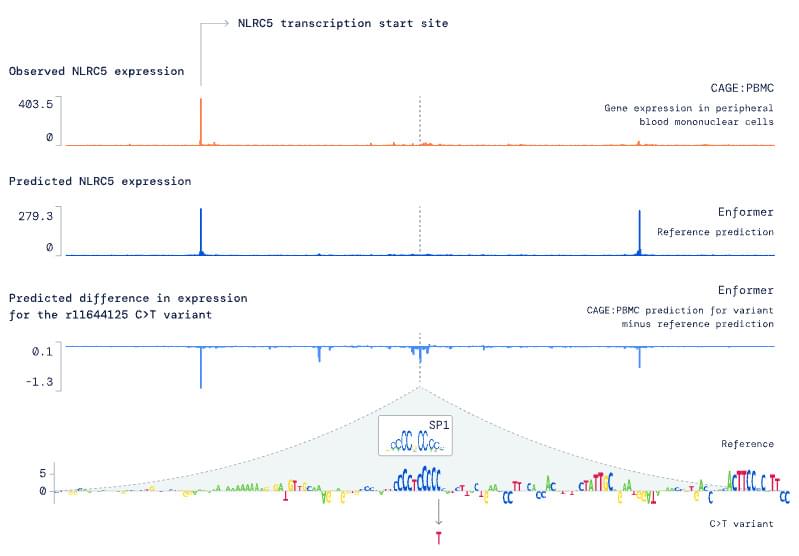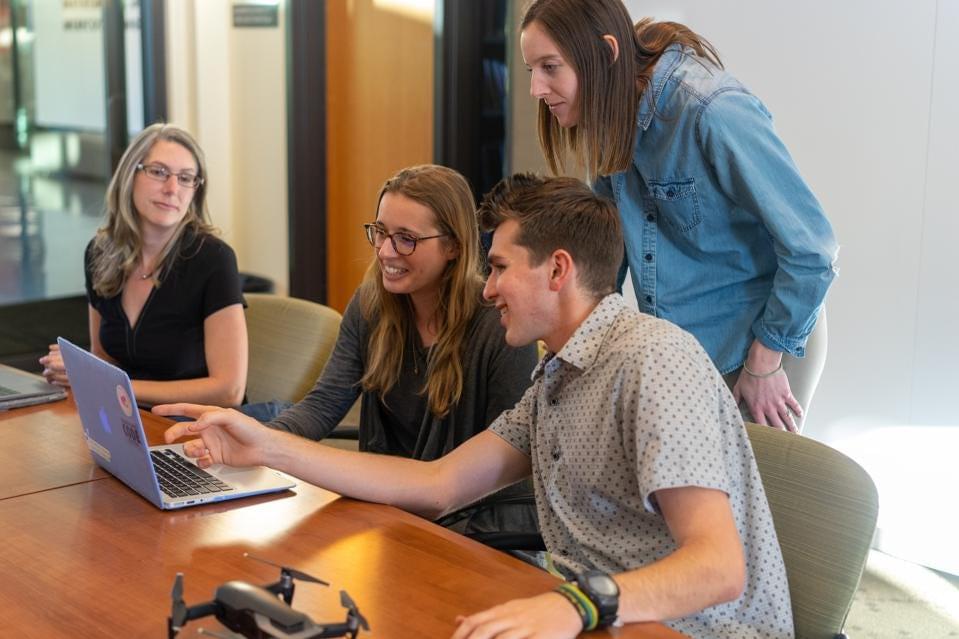What if you could gain 100x more data insights? Agile mobile robots bring your sensors to your industrial assets, collecting critical data at the source. Join t… See More.
Unlocking the Future of Asset Management with Agile Mobile Robots.
Wednesday, november 3rd at 11 AM ET
What if you could have 100x more data insights? Agile mobile robots like Spot bring sensors to industrial assets, collecting critical information at the source. By combining your Industry 4.0 investments with more frequent autonomous inspections, you will collect the volume of data your artificial intelligence programs need for advanced predictive maintenance.








